How to Heal My Relationship with Food: A Step-by-Step Guide
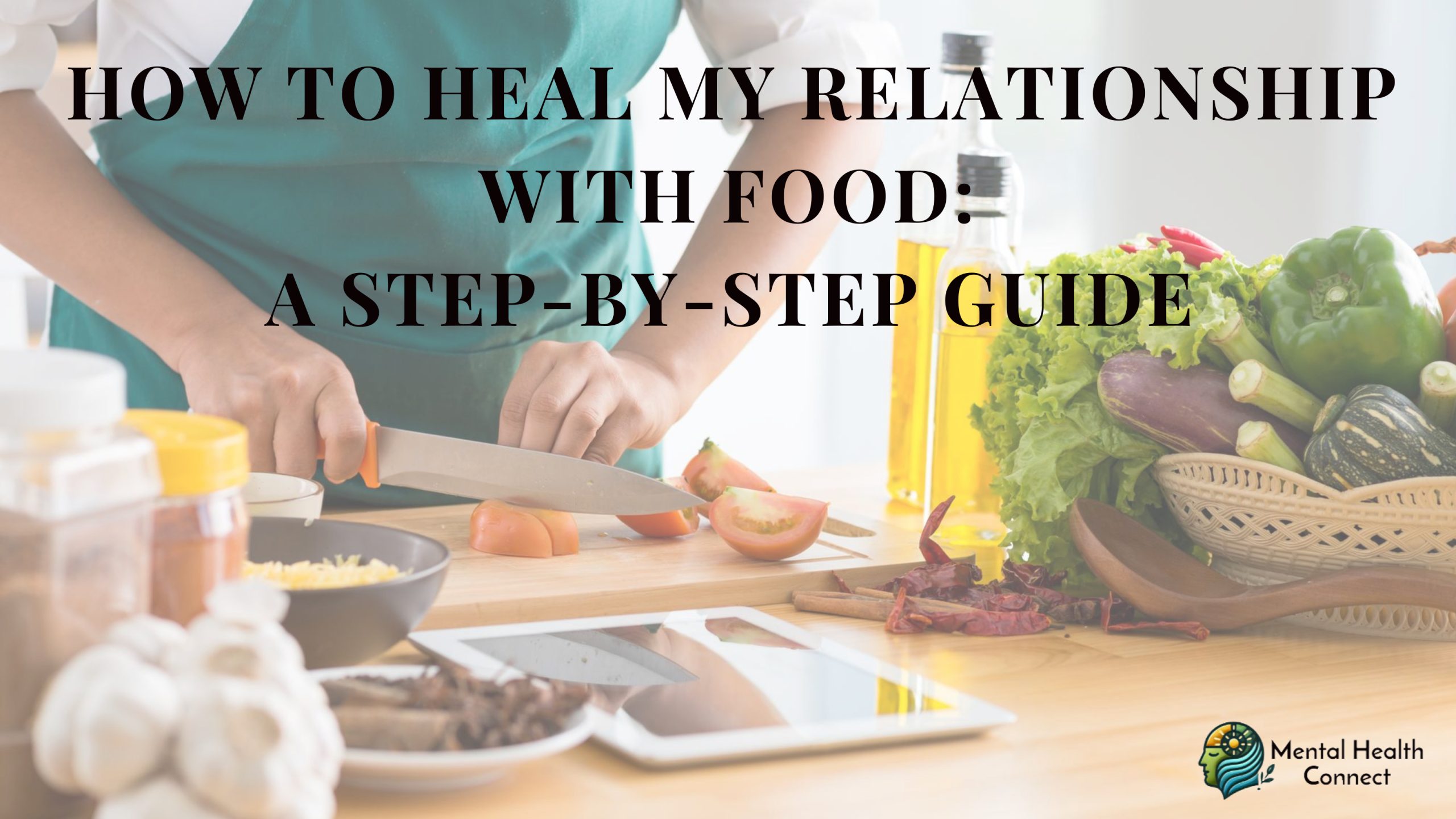
Your relationship with food plays a crucial role in your physical and mental well-being. Unfortunately, in today’s diet-obsessed culture, many individuals struggle with an unhealthy perspective on eating, leading to guilt, shame, and emotional distress. If you find yourself caught in a cycle of binge eating, restrictive dieting, or food-related anxiety, it’s essential to take steps toward healing your relationship with food.
This guide will provide you with a comprehensive roadmap to repairing your connection with food, focusing on intuitive eating, self-compassion, and long-term well-being. By implementing these practices, you can foster a healthy mindset and break free from harmful eating patterns. Read on to discover how to heal my relationship with food and embrace a balanced approach to nourishment.
What is a Healthy Relationship with Food?

A healthy relationship with food means viewing it as nourishment rather than as an emotional crutch, punishment, or reward. It involves eating mindfully, listening to your body’s hunger and fullness cues, and eliminating guilt associated with certain foods. A few characteristics of a healthy relationship with food include:
- Eating without guilt or anxiety
- Trusting your body’s hunger and satiety signals
- Enjoying a wide variety of foods without labeling them as “good” or “bad”
- Prioritizing nourishment over calorie counting
- Letting go of restrictive dieting patterns
If you struggle with emotional eating, yo-yo dieting, or feelings of shame related to food, you’re not alone. Understanding why this relationship matters can help motivate you to make positive changes.
Why is Healing Your Relationship with Food Important?
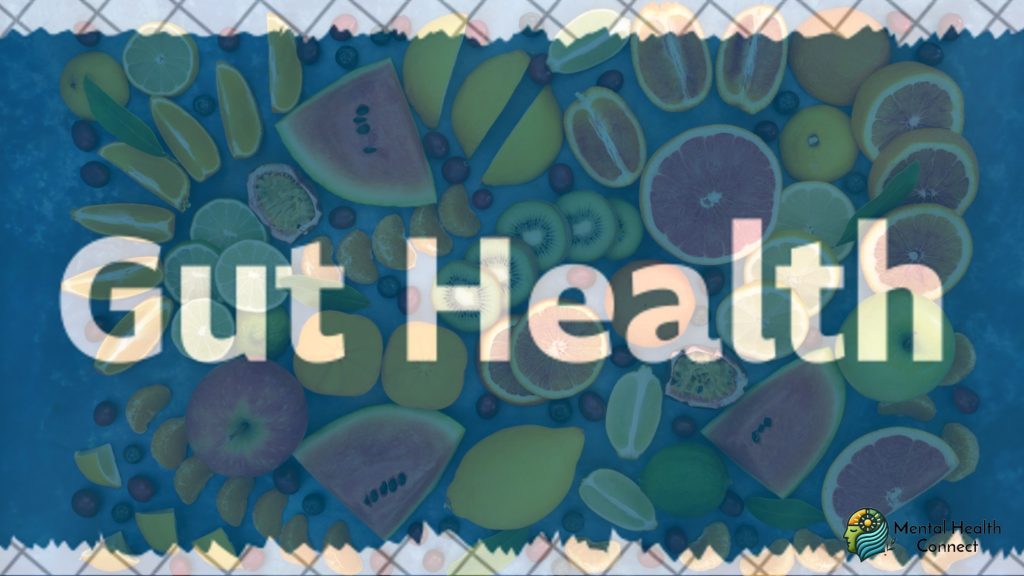
1. Improved Mental Health
Chronic dieting, food guilt, and restrictive eating can contribute to anxiety, depression, and stress. A healthier mindset toward food promotes emotional well-being and reduces mental health struggles.
2. Sustainable Weight and Health Management
Unlike crash diets, which often lead to weight cycling, a balanced relationship with food encourages sustainable, long-term health habits.
3. Better Digestion and Gut Health
Stress and guilt surrounding food can negatively impact digestion. By eating mindfully and without fear, your body can better process and absorb nutrients.
4. Increased Energy and Productivity
A balanced diet that includes a variety of foods fuels the body effectively, providing the energy needed for daily tasks and physical activities.
5. Freedom from Food Obsession
Constantly thinking about food, tracking every calorie, or fearing certain foods can consume mental energy. A healthier approach allows you to focus on other aspects of life without food dominating your thoughts.
How to Heal My Relationship with Food
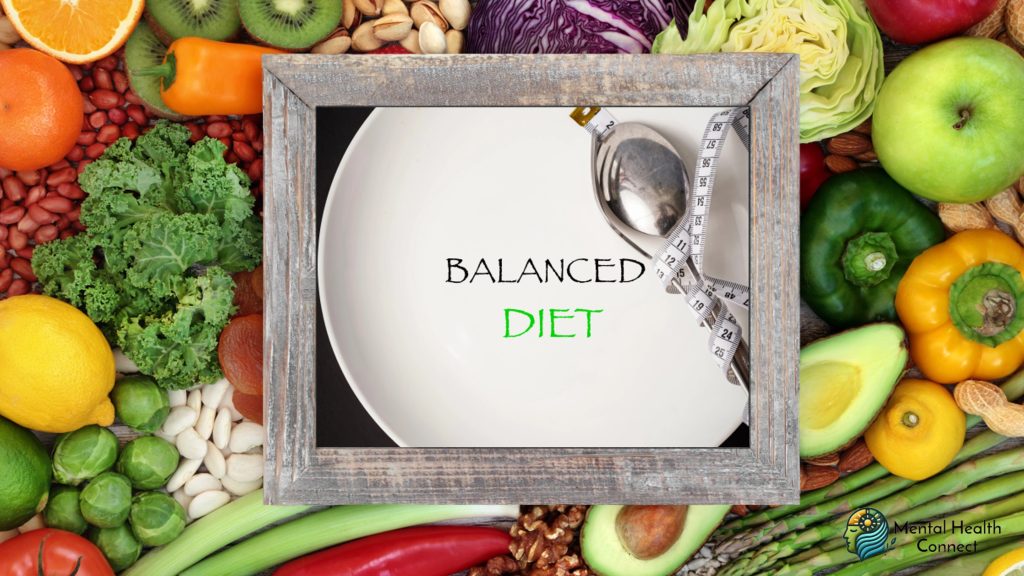
Step 1: Ditch Diet Culture
The first step to how to heal my relationship with food is unlearning diet culture’s toxic messages. Dieting often leads to feelings of failure and can contribute to disordered eating patterns. Instead, focus on:
- Listening to Your Body: Pay attention to hunger and fullness cues rather than external diet rules.
- Giving Up Food Labels: Avoid labeling foods as “good” or “bad.” All foods have a place in a balanced diet.
- Focusing on Nutritional Value: Shift your mindset from weight loss to nourishment and well-being.
Step 2: Practice Mindful Eating
Mindful eating involves being fully present while eating, helping you build a stronger connection with your body’s signals. Key mindful eating strategies include:
- Eating Slowly: Take time to chew and savor each bite.
- Avoiding Distractions: Turn off screens and focus on the meal.
- Checking in with Hunger Levels: Rate your hunger and fullness on a scale of 1-10 before, during, and after eating.
Step 3: Challenge Food Guilt
Food should not be a source of guilt or punishment. To overcome food guilt:
- Acknowledge Your Feelings: Understand why you feel guilty about certain foods.
- Reframe Negative Thoughts: Instead of thinking, “I shouldn’t have eaten that,” say, “I enjoyed that and will nourish my body next.”
- Give Yourself Permission to Eat: Allow yourself to eat without rigid restrictions.
Step 4: Build a Balanced Diet Without Restriction
A well-balanced diet includes all food groups without excessive restrictions. Focus on:
- Including Nutrient-Dense Foods: Prioritize fruits, vegetables, proteins, whole grains, and healthy fats.
- Enjoying Treats in Moderation: Treats are part of a healthy diet when consumed without guilt.
Best Practices for Maintaining a Healthy Food Relationship
- Practice Intuitive Eating: Eat when hungry, stop when full, and choose foods based on satisfaction.
- Develop Self-Compassion: Avoid self-criticism and practice kindness toward yourself.
- Engage in Joyful Movement: Find physical activities you enjoy rather than exercising for punishment.
Common Mistakes & How to Avoid Them
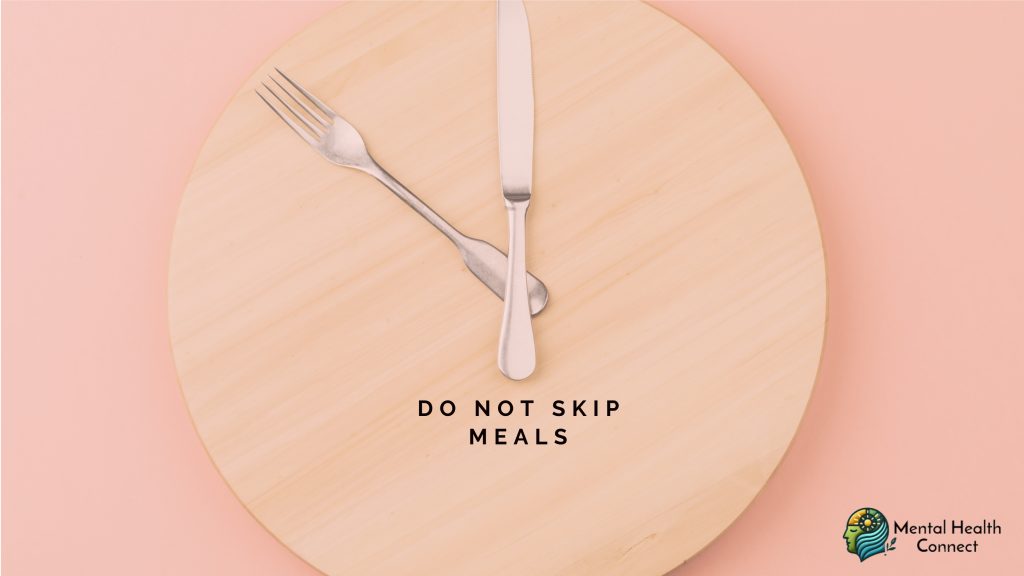
1. Skipping Meals
- Solution: Eat regular, balanced meals to maintain stable energy levels.
2. Letting Diet Culture Influence Choices
- Solution: Follow a sustainable eating approach rather than restrictive fads.
3. Ignoring Emotional Eating
- Solution: Address emotional triggers with coping mechanisms like journaling, therapy, or meditation.
4. Over-Restricting Certain Foods
- Solution: Allow all foods in moderation to prevent binge eating tendencies.
Future Trends & Predictions in Nutrition and Eating Habits
The future of nutrition is shifting toward a more holistic, individualized approach. Key trends include:
- Intuitive Eating Becoming Mainstream
- Greater Awareness of Mental Health & Eating Behaviors
- Personalized Nutrition Plans Using AI & Genetic Testing
FAQs
1. How to heal my relationship with food if I struggle with food guilt?
Start by recognizing that all foods can fit into a balanced diet. Practice self-compassion and reframe negative thoughts around eating.
2. What is the best way to practice mindful eating?
Avoid distractions, chew slowly, and tune in to your hunger and fullness cues to build a stronger connection with your body.
3. How can I prevent emotional eating?
Identify emotional triggers, practice stress management techniques, and seek support from a therapist if needed.
4. Can I heal my relationship with food while trying to lose weight?
Yes, but it’s essential to prioritize well-being over weight loss. Focus on nourishment and sustainable habits rather than restrictive dieting.
5. How long does it take to develop a healthy relationship with food?
Healing takes time and varies for each person. Consistency, self-awareness, and professional support can expedite the process.


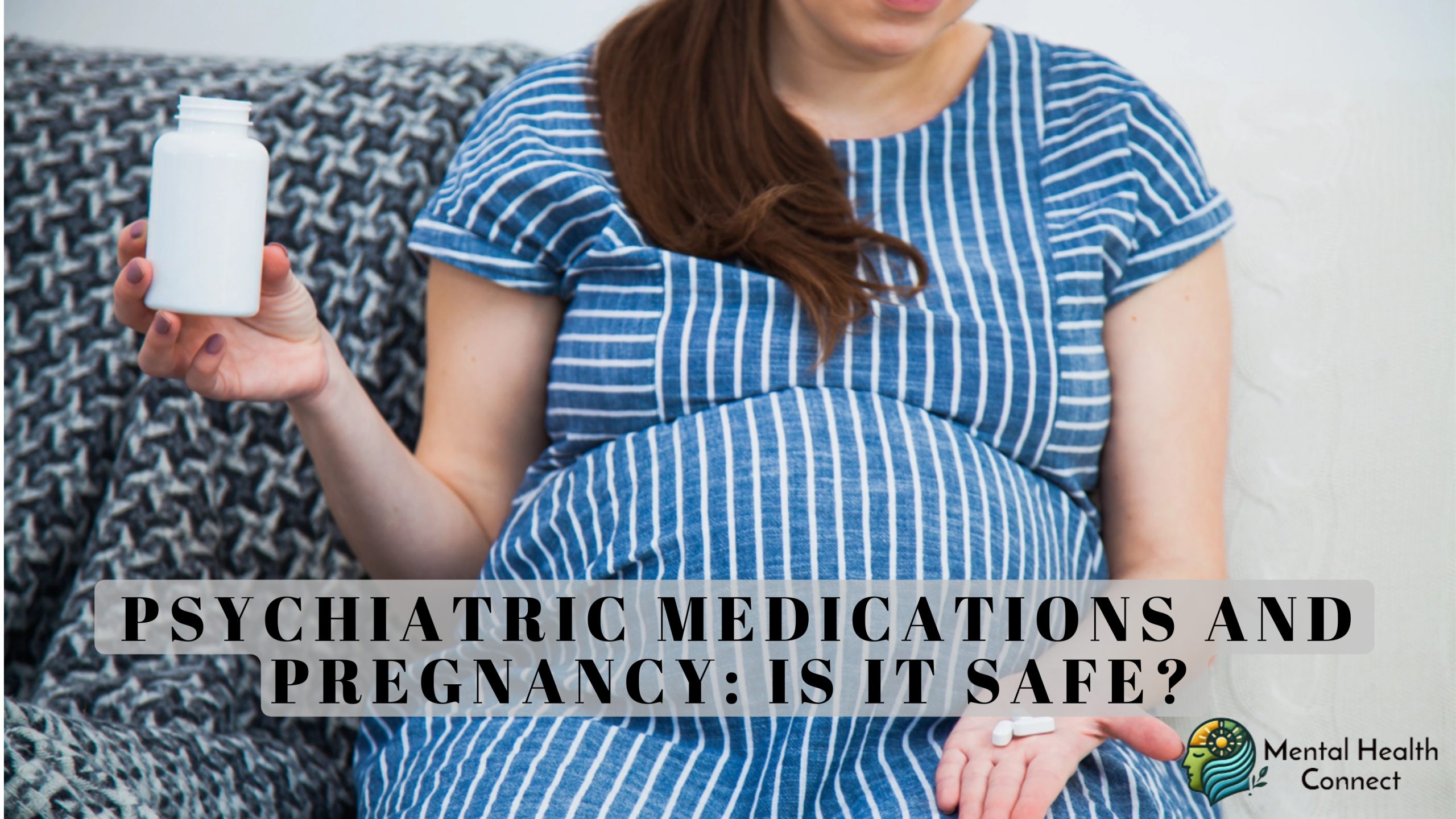
Leave a Reply